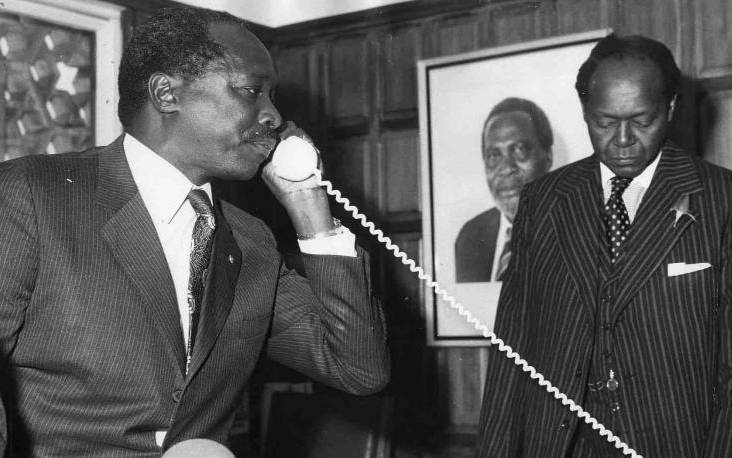
We were at the 7th floor Resident’s Bar in the Intercontinental Hotel, Nairobi. It was an expectant Friday (August 31, 1978. The nation had the previous day bid farewell to Mzee Jomo Kenyatta. Who was to succeed him, was the question on every lip. Under pressure, the Cabinet had to say something on the way forward.
According to the 1964 Constitution, upon demise of the President, the Cabinet was to organise a special election to fill the vacated seat within 90 days. Were Kenyans of voting age going to be subjected to the exercise?